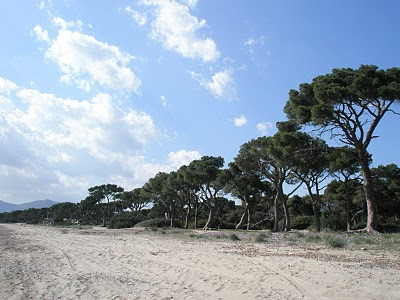Dear Mr. Strauss-Kahn,
Congratulations, for lack of a better word, on the recent intervention of the IMF in the Greek stability and growth programme. I am one of the small minority in this country who believe that without the IMF, the government will have neither the political will, nor the technical skills, to pass meaningful public sector reforms and gain control of its drastic debt situation.
In the many details of reforms that have been considered or adopted since this crisis began, I see that the most important one has not yet been raised: Parliamentary Immunity. As you are no doubt aware, all serving Members of Greek Parliament enjoy full immunity based on Articles 61 and 62 of the Constitution while the Parliament is in session (except in very narrow cases of criminal acts). You may not be aware that this immunity continues indefinitely after the end of a Parliamentary term unless the full Parliament votes in favour to waive it. In practice, this never occurs.
The result is that the major public sector corruption scandals since the restoration of democracy have for the most part never resulted in the single criminal conviction of a member of Parliament, or a single party official.
Contrasting this to
Regrettable, even with this current crisis, I do not believe the Greek Parliament will vote to change the constitution. It will be imperative, however, that the “troika” of the IMF, the European Central Bank and the European Commission devise ways of improving the transparency and accountability of the political system that has brought Greece—and the Eurozone—into this position.
This calls for a rigorous monitoring of all public sector expenditure, both on and off the central government balance sheet, and perhaps a condition that a technical team be stationed at the Ministry of Finance over the long term to assist with reforming the conditions of public procurement and disbursement. Alternatively, the financial loans granted should only be used for debt re-finance, rather than regular public sector expenditure, and the troika should use its power to name and shame examples of egregious or corrupt public sector expenditure.
I am afraid that the time for normal courtesies and protocols is over. The majority of Greek citizens are disgusted with the corrupt, ineffectual and nepotistic practises of our political parties and our public administration, but we are essentially powerless to change them. We only hope you will be able to succeed where we have failed.
Sincerely yours,


